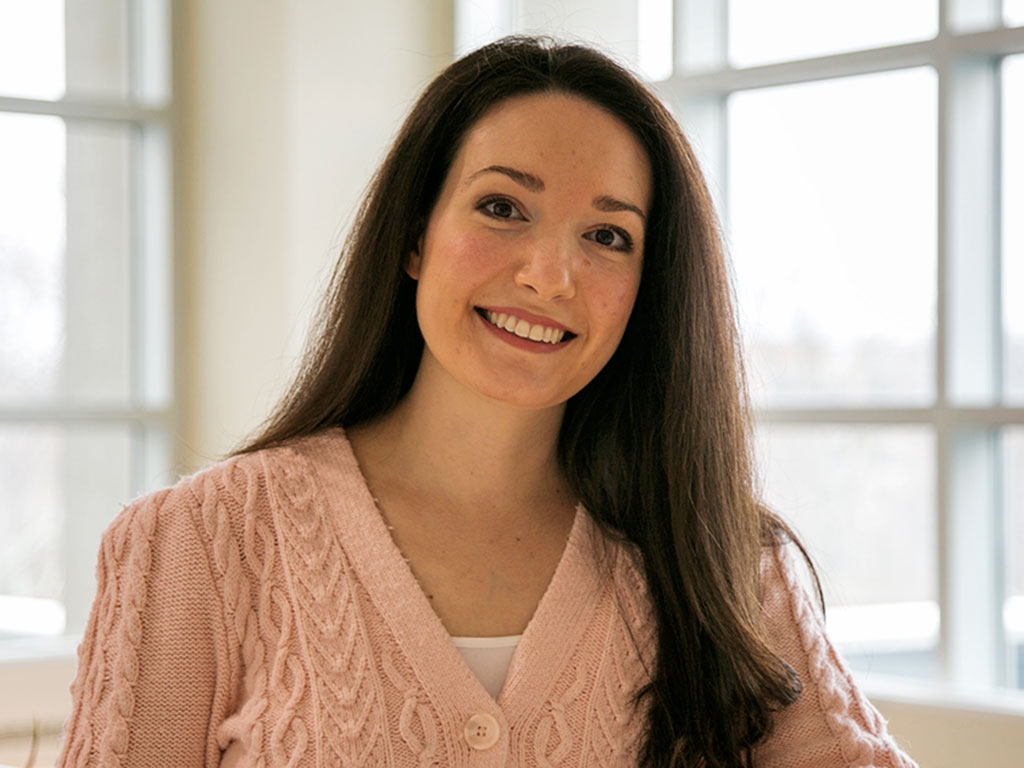After nearly ten years at IU, graduate student Keely Schmerber has found herself at the IU School of Education hoping to make a difference for students with autism.
Schmerber’s relationship with IU began when she stepped onto the IU campus for the first time at age 15 after receiving an artistic merit scholarship to attend the Jacobs School's International Summer Piano Academy. Originally from New Jersey and away from home for the first time, it didn’t take long for her to fall in love with IU.
After graduating with High Distinction from the Jacobs School of Music with a Bachelor's in Piano Performance and a Certificate of Entrepreneurship from the Kelley School of Business, Schmerber spent two years working at school for students with special needs back in New Jersey, earning as much hands-on experience in the field as possible. She was also inspired by an experience during the summer between her sophomore and junior year when she mentored an 11-year-old boy with autism from Ethiopia, something she called very personal, as she too has autism.


